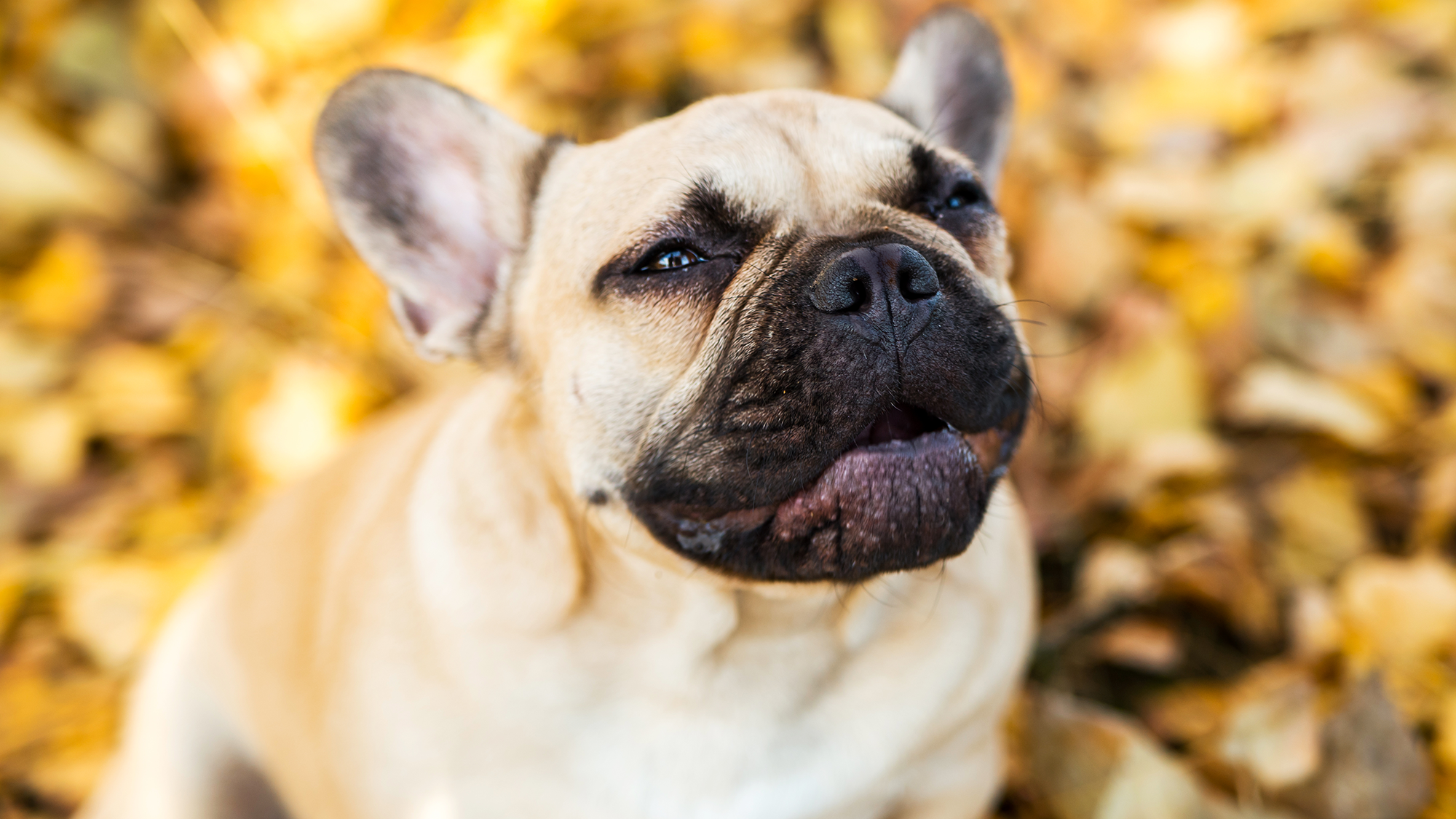

Fourteen states have reported an unknown respiratory illness sickening dogs. Multiple organizations including the Oregon and Colorado Departments of Agriculture and the American Veterinary Medical Association have issued warnings about the illness since early November.
[Related: Dogs and wolves remember where you hide their food.]
“We really don’t want people to panic. Respiratory disease in dogs is nothing new,” Brian Collins, a veterinarian from the Richard P. Riney Canine Health Center at the Cornell University College of Veterinary Medicine, tells PopSci. “But there may be times when it seems like we’re seeing more disease than usual. We’re trying to keep a very open mind and are considering bacteria and viruses that we’re familiar with as well as novel ones.”
What symptoms should dog owners look out for?
Dogs with this illness generally have sneezing, coughing, eye or nose discharge, and unusual fatigue. They also do not test positive for any common causes of canine respiratory illness associated with kennel cough.
“What we’re seeing is that some of these dogs may have an acute cough that rapidly progresses to something more severe. That’s probably less common,” says Collins. “But the other general group that we’re seeing is dogs that develop a cough that just kind of sticks around for a lot longer, and doesn’t seem to be responding to the usual therapies.”
According to the AVMA, the illness can progress in three different ways. A dog could have a mild to moderate cough for six to eight weeks or more that either doesn’t respond to treatment with antibiotics or responds very little. There could also be chronic pneumonia that doesn’t respond to antibiotics. A more dire situation includes severe pneumonia that “often leads to poor outcomes in as little as 24 to 36 hours.”
Owners of dogs with comorbidities like heart disease, diabetes, cancer, or who are immunocompromised should pay close attention, as they could fare worse.
Where has the illness been reported?
According to the American Veterinary Medical Association via USA TODAY, the illness has been reported in California, Colorado, Florida, Georgia, Idaho, Illinois, Indiana, Maryland, Massachusetts, New Hampshire, Oregon, Rhode Island, Vermont, and Washington State.
In Oregon, more than 200 cases have been reported since mid-August. The other states have not reported their numbers at the time this article was published. It is also not known how many dogs have died from the illness.
According to Collins, if you live in an area where there have been reported cases and your dog is more susceptible and more fragile, “it might be better to try to avoid areas where there are lots of dogs or maybe selecting a smaller doggie social group.”
Kurt Williams, director of the Oregon Veterinary Diagnostic Laboratory at Oregon State University, told the Associated Press that his message for dog owners is, “don’t panic.” He added that it is hard to pinpoint how dogs had died from a severe form of the infection.
How does it spread?
The exact transmission remains a mystery. David Needle, the senior veterinary pathologist at the University of New Hampshire Veterinary Diagnostic Laboratory told USA TODAY that he thinks it is likely spread by dogs in close contact breathing in the same air as an infected animal.
The NHVDL has been tracking the illness since 2022. It recently released some very early data that revealed a “non-culturable, bacterial-like organism, similar to Mycoplasma in a subset of the respiratory samples.” However, it is still too early to tell if it is a new bacterium and more samples are needed.
“That’s very preliminary and generally that kind of very preliminary data wouldn’t typically have been shared publicly,” says Collins. “It’s hard to say if there really is an uptick in respiratory cases or if we are just doing a better job at getting the news out.”
How can I keep my dog safe?
According to the Riney Canine Health Center, you can keep your dog away from high risk situations, including dog parks, boarding kennels, and doggy day care facilities if you are not sure about the health status of the other dogs. It is also important to not share dog bowls, dog toys, or doggy chews.
[Related: Cannabis poisoning is on the rise in pets.]
Make sure your dog is up to date on their routine yearly vaccinations. If you are unsure when your dog was last vaccinated, check with your veterinarian.
“If you live in an area where you haven’t heard of there being problems with respiratory disease outbreak, we’re not necessarily recommending that people change what they’re doing with their dog,” says Collins. “But certainly check in with the facilities where you go and your vet periodically. There are resources out there and veterinarians are using them to help make the best recommendations for their patients.”
